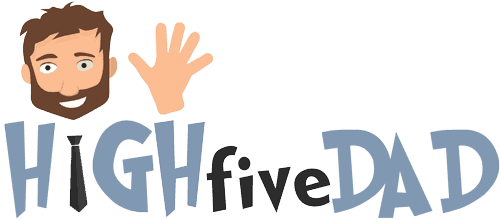Healthcare costs have been skyrocketing these days and are expected to keep increasing for the next few years. Nowadays, even with insurance and sound financial planning, it’s still possible to be stuck with medical bills.
Medical emergencies always come unannounced, resulting in high medical bills for many cash-strapped and uninsured individuals. This financial struggle can result in used retirement savings, debt spiral, foreclosure, or even bankruptcy.
The good news is that there are ways to cope with these financial hardships and avoid severe financial consequences. Here are some of them:
Medical Bill Payment Plans
Many hospitals, doctors, and other health care providers allow you to break a medical bill you can’t currently afford into multiple equal payments until the total bill is covered. In other words, they let you pay a steep medical bill off over time rather than in one payment. This arrangement is called payment plans.
On a payment plan, the medical bills minimum payment you can pay varies, depending on the medical provider, the type of service, your bill amount, and the terms you negotiate. Additionally, ask if there are billing charges or any additional fees associated with the payment plan. Doing so helps you to assess its affordability.
Medical Credit Cards
As its name implies, medical credit cards are credit cards used to pay medical expenses specifically. They’re offered up-front by health care providers, specifically dentists, eye doctors, audiologists, cosmetic surgeons, and even veterinarians, to finance elective medical procedures. Applications for these cards are readily available at their offices or websites.
Like any other credit card, medical credit cards have 0% introductory offers that come in the form of deferred interest charges, usually for the first six to 18 months. So if you’re able to settle your balance during the promotional period, you’ll enjoy zero-interest financing.
However, once the promotion expires, their interest rate may shoot up into the 20% to 29% APR range. In other words, if you fail to pay off your entire balance on or before the promotional period, you’re likely to suffer high-interest charges.
Medical Loans
Medical loans are essentially personal loans taken out specifically for financing medical treatment. They’re unsecured, so there’s no need to risk any assets for the sake of your health.
Since there’s no processing of collateral and related documents, taking a medical loan is very convenient. You’ll usually get quick access to funds, which is a beneficial advantage during time-sensitive medical emergencies.
The thing is, only borrowers with good credit get reasonable interest rates on medical loans, usually with fixed interest rates around 6% or lower. In contrast, poor-credit borrowers often see interest rates capped at 36%. But if they put up collateral for the medical loan, they could get a much lower interest rate and have less to pay off in the long run.
Medical Billing Advocate
Instead of being baffled and emotionally unstable from dealing with your overwhelming medical bills, a medical billing advocate can do this stressful work for you. These professionals help you negotiate a settlement or lower medical bills and deal with your health insurance, especially if they’re giving you the run-around and refusing to pay off part or all of your medical bills. Hiring them is not for free, but it’s totally worth it.
Research has shown that 80% of medical bills have at least one mistake, so there’s a big chance that you’re overcharged. So basically, taking care of these errors can help you lower your bill. It’s just that spotting billing mistakes is no child’s play, considering all the codes and numbers in the bills make no sense to an average person. That’s why instead of doing it on your own, a medical billing advocate can help you with this.
Financial Assistance Programs
Governments, nonprofit organizations, and healthcare providers offer financial assistance programs. Typically, people from lower-income families or those who are plagued by financial hardship are the primary beneficiaries of these aids.
For example, Medicaid is an American joint federal and state medical program. Even though one’s income must be low to qualify for Medicaid, high-income earners can still avail of this if their medical bills are relatively high. However, you can’t retroactively use Medicaid’s benefits for your current medical bills. So it’s best used to reduce or avoid incurring costly medical bills that you’re responsible for in the future.
Final Thoughts
Medical emergencies always come unannounced and cause high medical bills for many cash-strapped and uninsured individuals. This financial struggle can result in used retirement savings, debt spiral, foreclosure, or even bankruptcy. That’s why, to protect your financial well-being, take advantage of medical payment plans, medical credit cards, and medical loans and ask for help from medical billing advocates and financial assistance programs.







